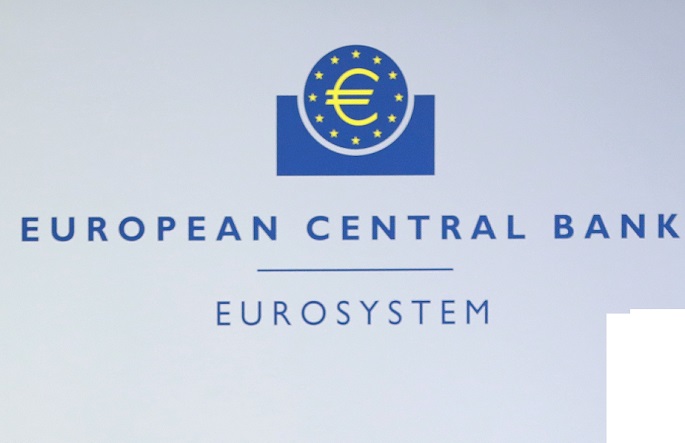ECB publishes report on digital euro
Published : 03 Oct 2020, 00:42
The European Central Bank (ECB) on Friday published a report on the possible issuance of a central bank digital currency (CBDC), or the digital euro, saying that the Eurosystem will consider whether to start a digital euro project towards mid-2021, reported Xinhua.
"Europeans are increasingly turning to digital in the ways they spend, save and invest. Our role is to secure trust in money. This means making sure the euro is fit for the digital age. We should be prepared to issue a digital euro, should the need arise," ECB President Christine Lagarde said in a statement.
The report was prepared by the Eurosystem High-Level Task Force on CBDC and approved by the ECB Governing Council. "The Governing Council has not taken a decision yet on whether to introduce a digital euro," the ECB noted in the statement.
The report includes the reasons, potential effects, legal considerations, design possibilities as well as operational and technical issues concerning a digital euro. The ECB said a public consultation will be launched on Oct. 12 and "experimentation" will start in parallel.
The Eurosystem will consider whether to start a digital euro project towards mid-2021, with the possible launch of an investigation phase aimed at developing a minimum viable product, the ECB said.
The possibility of introducing CBDC has been discussed by central banks around the world, and even piloted by a few. Sweden's central bank said earlier this year that it had started testing the CBDC. China said in August that it will pilot digital renminbi in some selected regions across the country.
In a virtual conference in mid-September, Lagarde said that "A digital euro, in any event, would be a complement to, not a substitute for cash." She added that an ECB survey showed cash payments accounted for 73 percent of all physical retail payments in 2019.
Speaking at the same event, Jens Weidmann, president of Deutsche Bundesbank, the German central bank, said many issues surrounding CBDC still required further analysis. "The general public wants quick, convenient, secure and cheap payment methods, including for payments abroad. That, however, does not necessarily require CBDC," Weidmann said.
Villeroy de Galhau, governor of the Bank of France, said that Europe should not wait too long to decide a consistent European payment strategy, including the European Payments Initiative, aiming to create a unified payment solution for consumers and merchants, and a possible CBDC.


